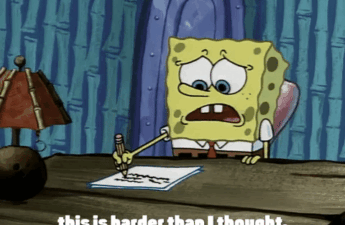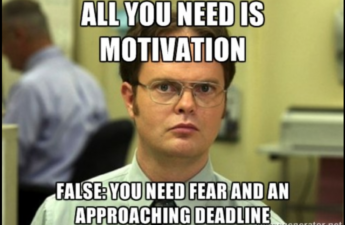Modern-day college admissions can be characterized as a cycle of hope and doubt, often fueled by pride that one is an elite, not only worthy of entry to a community of other elites but is deservedly their next achievement in the modern academic meritocracy.
Thus, potential applicants (and their families) may benefit from University of Pennsylvania’s vice provost and dean of admissions, Whitney Soule’s advice about the subjectivity inherent in today’s college admissions evaluation process.
In Spring 2022, when Ms. Soule was asked:
Talk a bit about the process for admissions, in sifting through applications and ultimately choosing a class?
She stated:
On the one hand it’s [the admissions evaluation] very straightforward and on the other hand, it’s very complicated. There are about 55,000 undergraduate applications, and we have an undergraduate class of 2,400. [Ms. Soule quoted Fall 2022 admissions statistics.]
So, the most direct answer is we need to read them all and select applicants that we think are a great match for Penn. When I say ‘match’ I mean the students have a good understanding of Penn and what they might want to do when they get here, and that we understand those interests and how they might align with the Penn community.
Bolded emphasis added by CMC
Thus, Ms. Soule challenges applicants to demonstrate their match with the existing Penn community, impelling students to research Penn in detail and question why their character and experience are “Penn”.
Yet, in today’s inflated academic meritocracy, where 4.0+ GPA’s are the average not the exception, each applicant is essentially arguing with experience as evidence, they will contribute to the Penn community, thus worthy of being invited to join.
Ms. Soule then describes the typical Penn applicant:
Our applicants have really interesting perspectives, ideas, and skill sets, and our goal is to learn more about them as we bring together the next incoming class.
These interesting characteristics, however, represent most of the applicant pool, so that’s not easily getting us down to a class of 2,400, so we must consider more pieces.
Bolded emphasis added by CMC
Furthermore, Ms. Soule simultaneously acknowledges the subjectivity inherent in evaluating a student for admissions, where an admissions officer is interpreting a teenager’s interpretation of their life to determine a “match” (or not) with UPenn.
She and her colleagues must decide to admit or deny from amongst “most of the applicant pool” who are “interesting”. She also discloses that a student’s individual merits are balanced with institutional needs:
The 2,400 [the targeted Fall 2022 incoming class] fill out the [UPenn’s] four undergraduate schools, each with their own enrollment size and each one of those schools has particular programs and interests that they’re developing.
When we are reading, we are thinking critically about each of the school’s goals, spaces available, [institutional need] how they want to see this particular class this year come together, and so on.
Bolded emphasis added by CMC
“Spaces available” can include the number of graduating students or those who will no longer attend Penn, given the “enrollment size” of each school. Also, admissions officers also consider the “particular programs and interests”, in other words, the intended educational experience that administrators at each UPenn undergraduate school seek to curate for students.
Moreover, in revealing that 28 UPenn admissions readers are responsible for reviewing the 55,000 Fall 2022 applications, which equals 1,964 applications reviewed per reader, thus, each admissions evaluator reads 7,856 essays total, Ms. Soule once again reveals the complexity and subjectivity inherent in the admissions evaluation process.
In sum, applicants seeking the most elite, selective universities, would benefit from reflecting on, “Just because I can, does it mean that I should ?” Then, applicants can articulate their motivation and reasoning for seeking such an elite admissions offer.
A proud UC San Diego and Harvard University alumna, Jill Yoshikawa EdM is a dedicated educator, tirelessly studying the nuances of college admissions and education to advise a diversity of clients who seek the greatest value in education.



